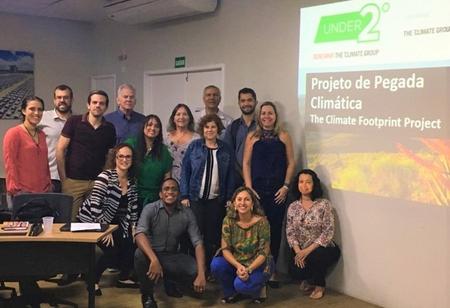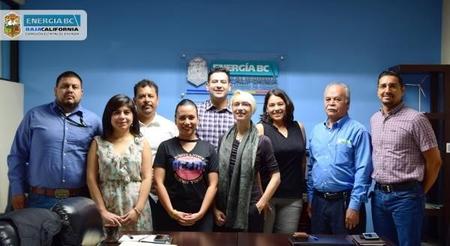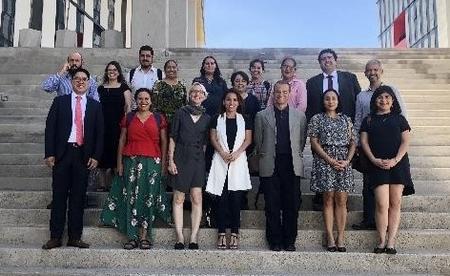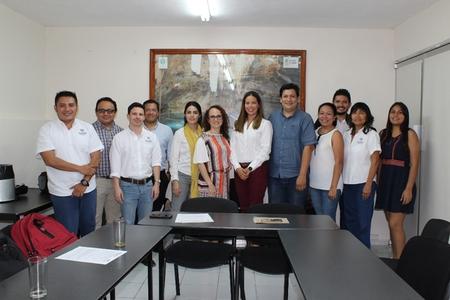State and regional governments in Brazil and Mexico are being equipped to measure and record emissions in regional greenhouse gas (GHG) inventories through The Climate Footprint Project which has successfully concluded the first round of technical assistance workshops with the governments of Baja California, Jalisco and Yucatán, Mexico, and Pernambuco, Brazil.
During the workshops, governments were provided with a greater theoretical understanding of GHG inventory processes and methodologies as well as monitoring, reporting and verification (MRV) systems, supported by the technical assistance of partners Ricardo Energy and Environment, Carbon Trust Mexico and WayCarbon,
As the project works with a number of different states, each at different points along their GHG inventory journey and with varying levels of resource, the workshop team tailored the assistance to ensure the development of robust MRV practices.
Pernambuco, Brazil
Pernambuco has surpassed the project’s expectations by building their first GHG inventory within the first six months of the project and presented it during the Brazilian Conference on Climate Change that took place earlier this month.
To do this successfully, the State Secretariat of Environment and Sustainability (SEMAS) identified a core team of five within the secretariat, including a technical advisor from the Municipality of Recife, bringing together expert knowledge and experience on GHG inventory development.

With the GHG inventory now in place, Pernambuco are beginning to use it as a tool for guiding the debate about the mitigation measures required in each sector as well as to ensure that climate change remains a key priority for the state.
Baja California, Mexico
With one of the project’s smallest teams, Baja California, has committed to focus its resources on updating inventory estimates for the energy sector – as this sector contributes to over 70% of emissions in the state.
By progressing with these updates, the state can more accurately interpret the impact of the energy sector’s emissions and, hence, design and implement tailored mitigation strategies.

During the technical assistance workshop, the team were introduced to the different approaches used to validate data and fill in gaps and, using the energy sector as a focus point, were able to consider the next steps for the preparation of an inventory.
Jalisco, Mexico
The state of Jalisco is currently in the process of preparing its third inventory with the support of external consultants.
In order to build institutional capacity within the state, the project has focused on training the Secretariat of Environment and Territorial Development (SEMADET) to run the data validation, quality assurance and quality control of their GHG inventory. This technical training will empower the state with the capacity to manage and approve the work of consultants.

Yucatán, Mexico
During Yucatán’s technical assistance workshop, the team were assisted in improving data collection techniques using the ‘GHG inventory compilation manual’ which was developed by the project’s technical partner, Ricardo, as a means of ensuring data is structured methodically and enabling the same process to be replicated for future inventories.
The workshop gave the participants opportunities to learn in more depth about the inventory development as well as raising awareness about the complexity of developing an inventory and the important role data providers have in the process.

Next steps
From here, the project will continue empowering the project state teams with the tools and skills necessary to set up and maintain their MRV systems with another round of technical assistance missions and remote technical support.
The development of a GHG inventory requires a diverse team to manage, coordinate, compile data, run calculations, and provide expert advice, with each project state working to build its own tailored institutional model. Together with the personalized technical assistance of partners, project states are on track to improve their monitoring, reporting and verification (MRV) practices by creating or updating greenhouse gas inventories.
This project is part of the International Climate Initiative (IKI). The German Federal Ministry for the Environment, Nature Conservation and Nuclear Safety (BMU) supports this initiative on the basis of a decision adopted by the German Bundestag.